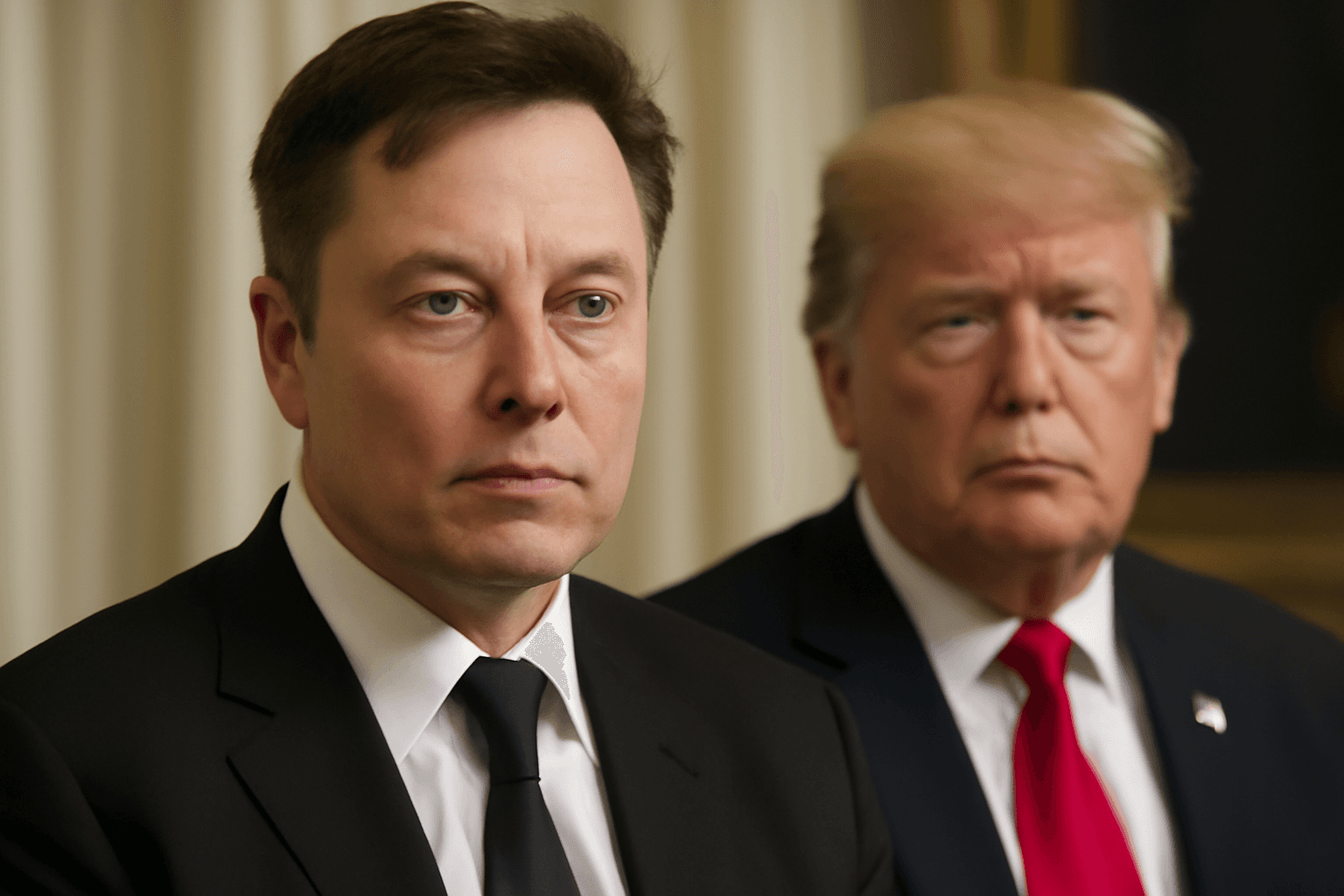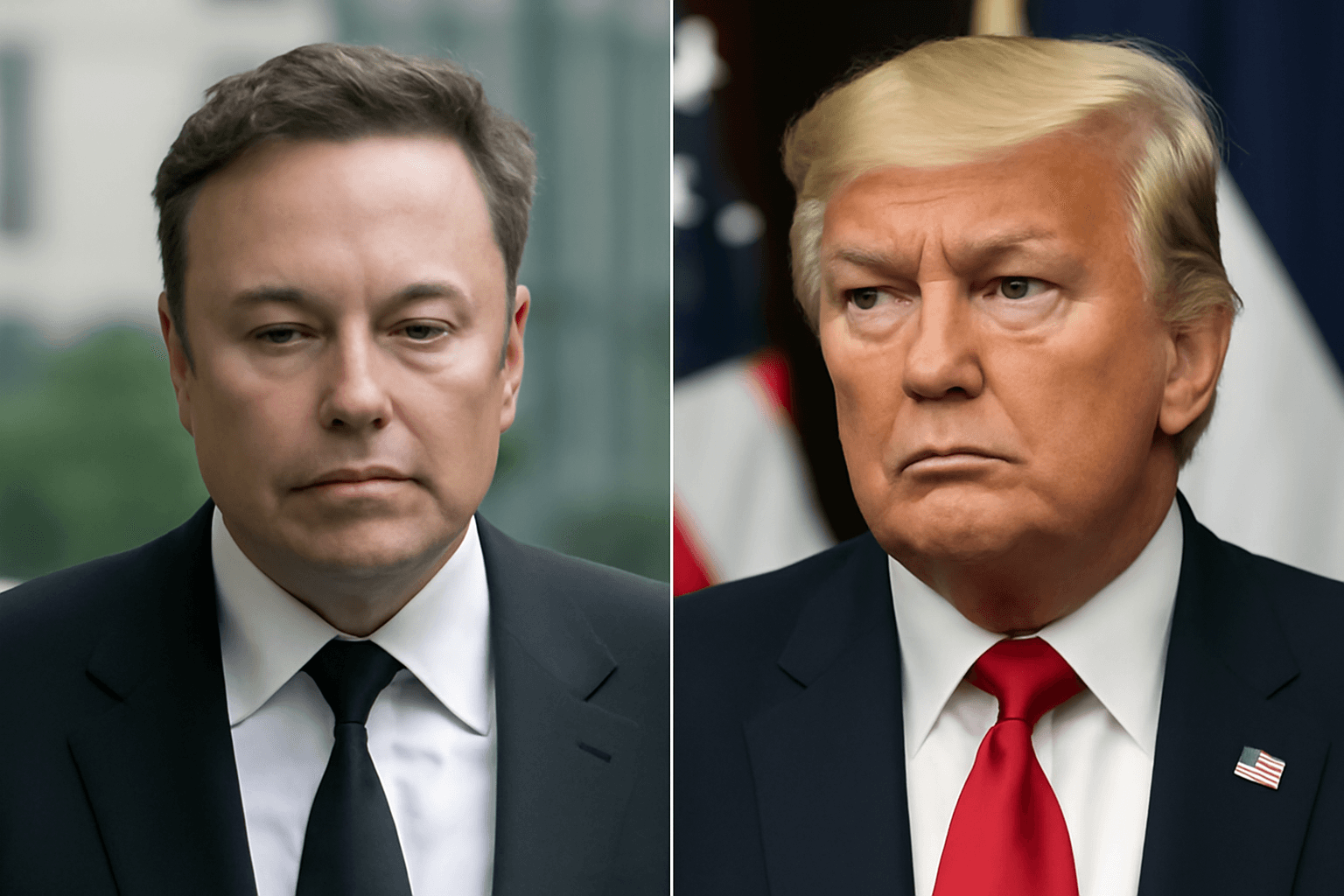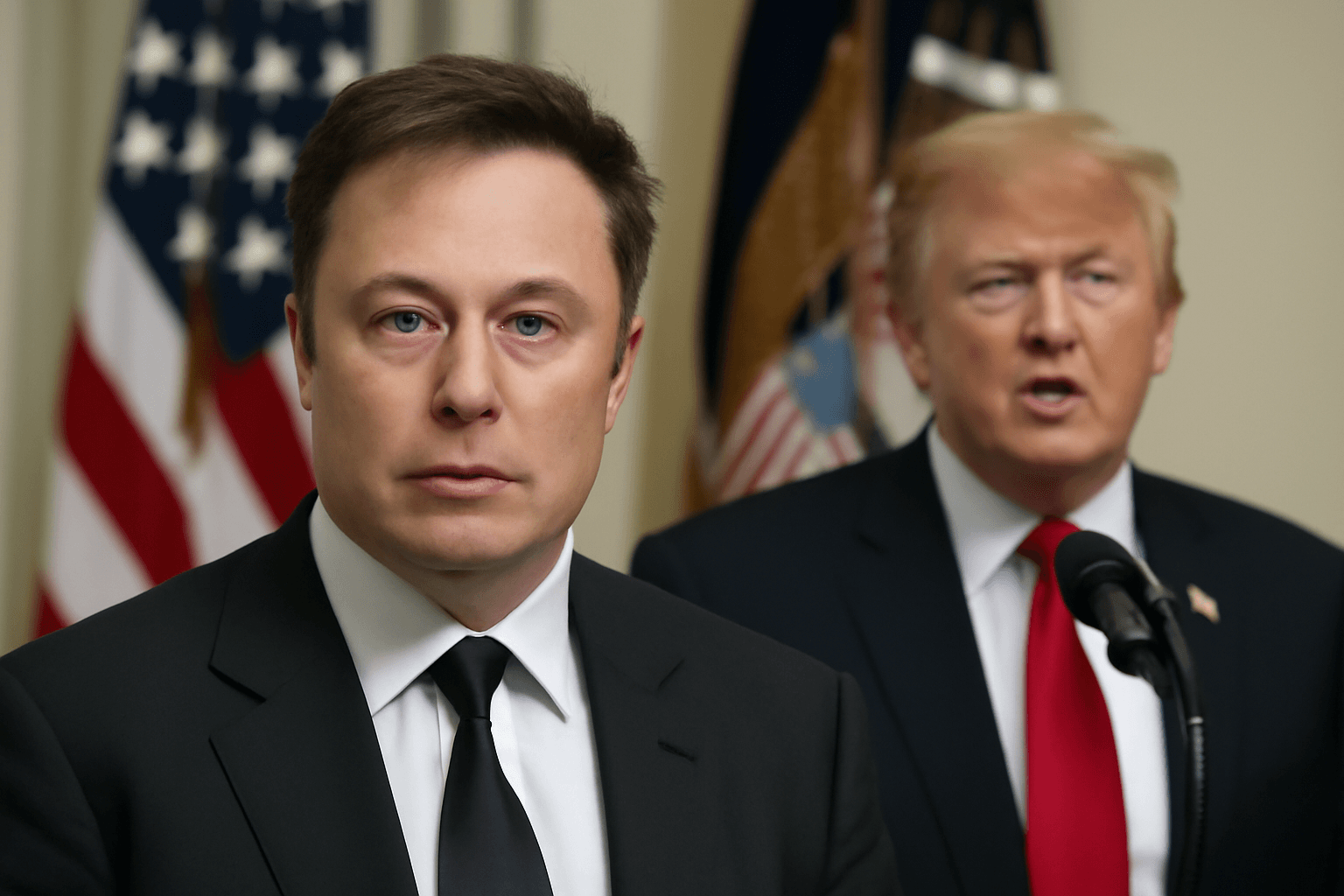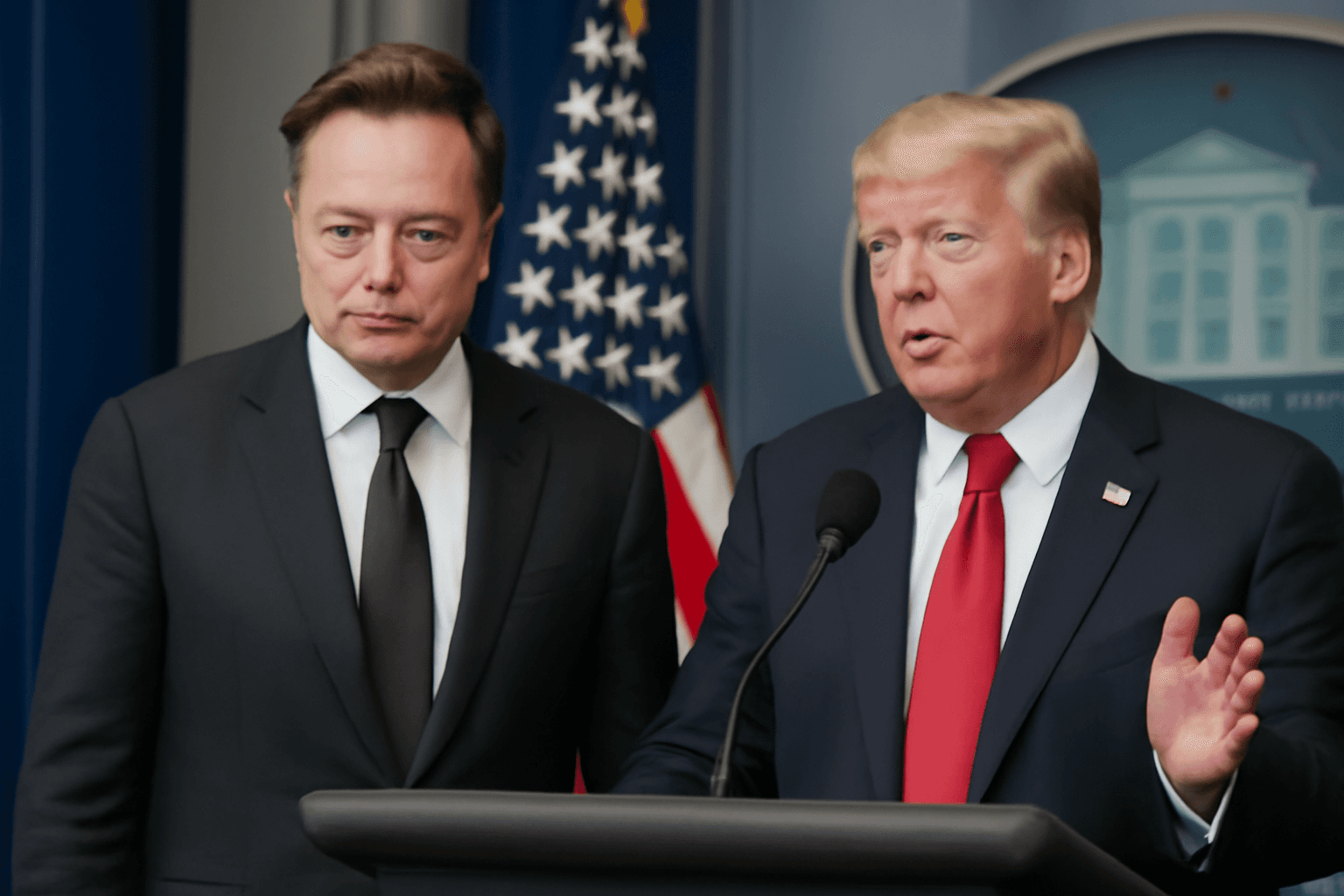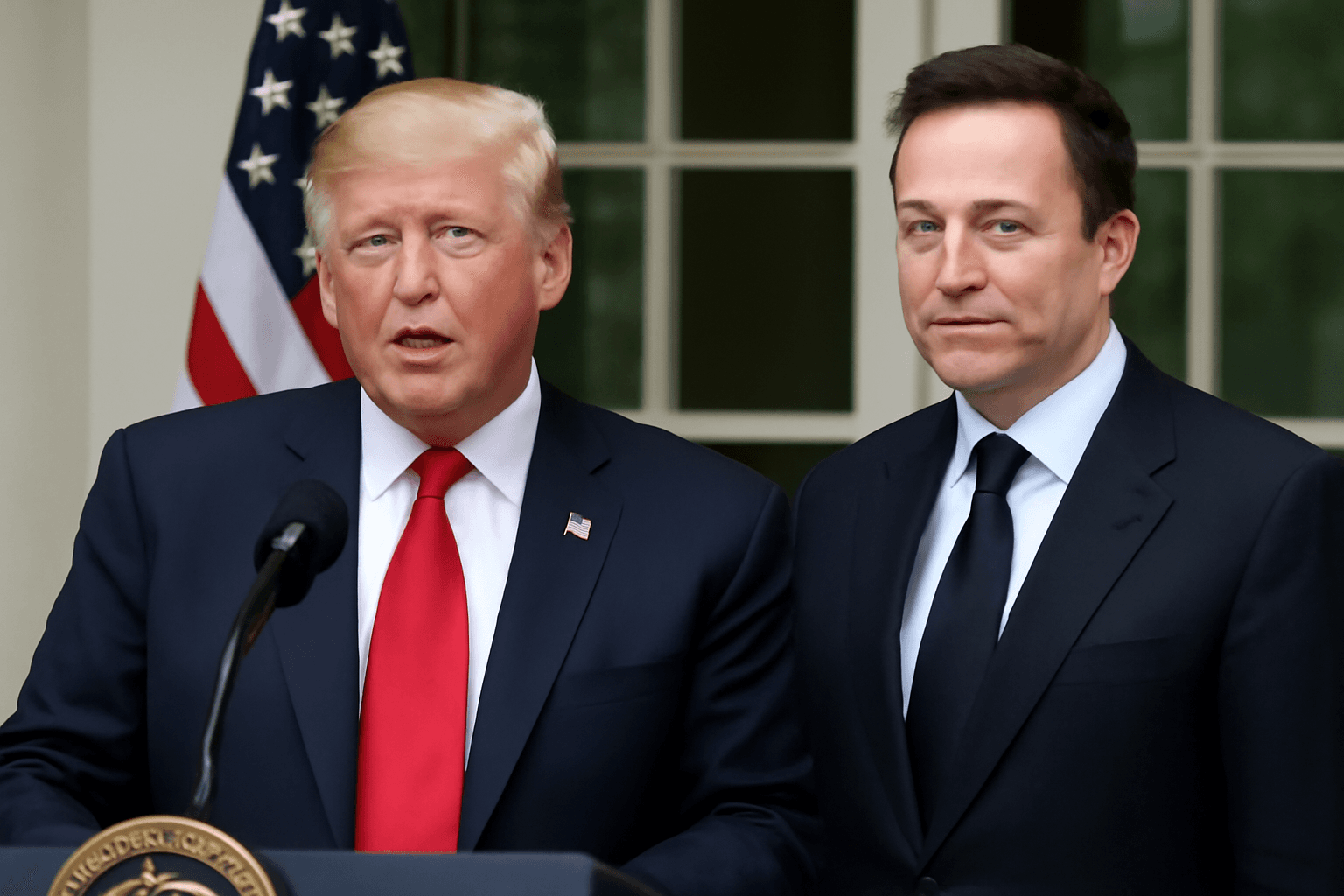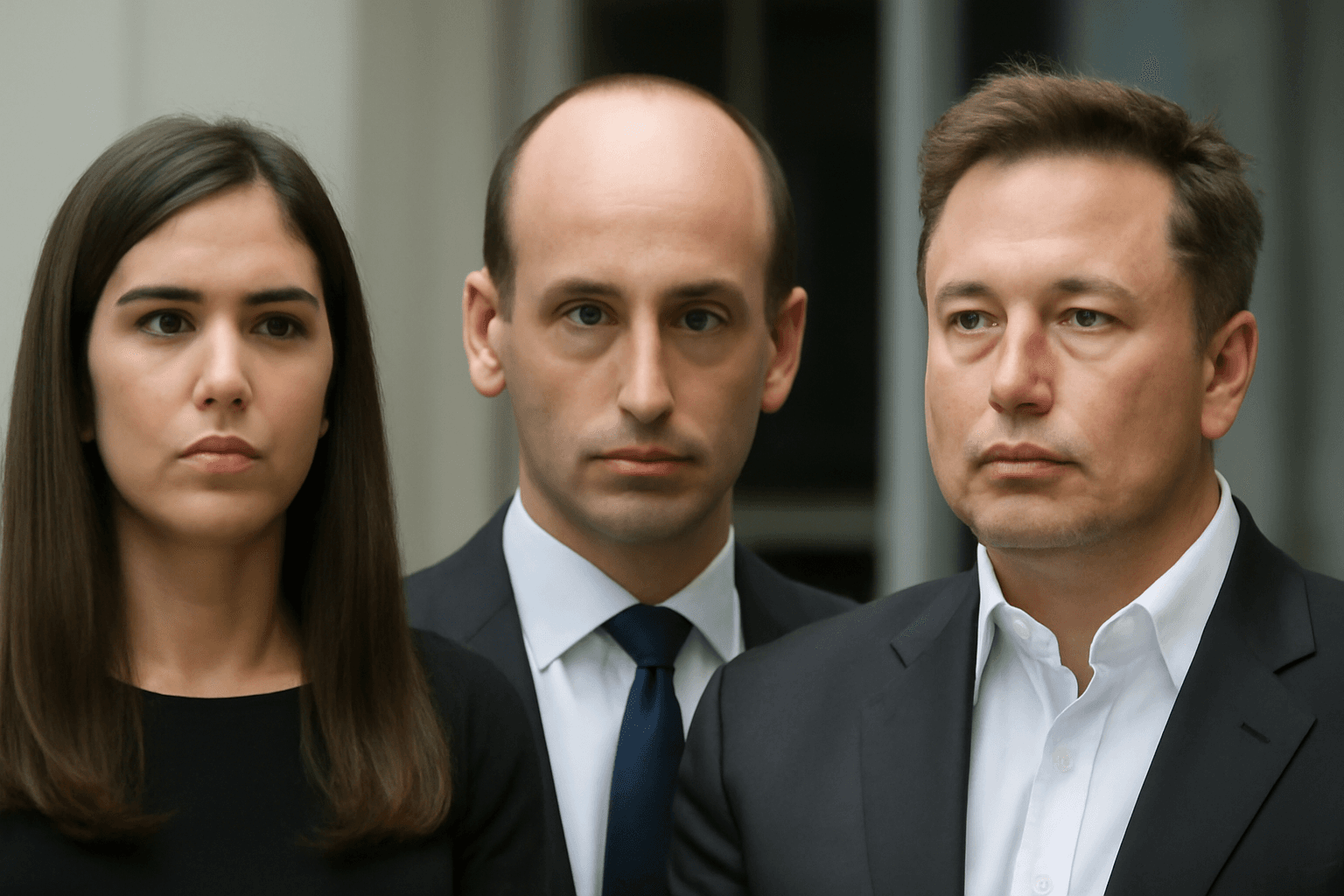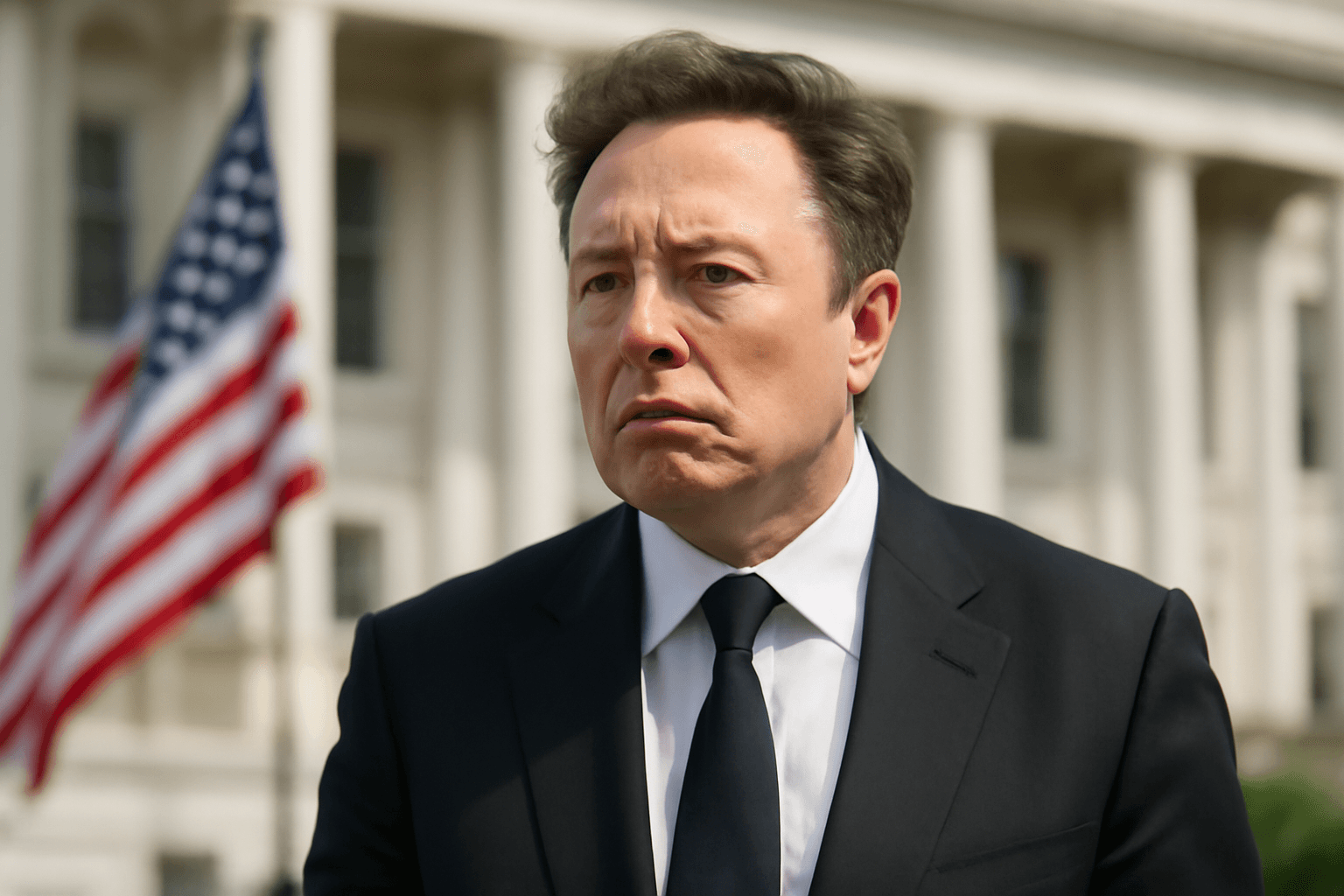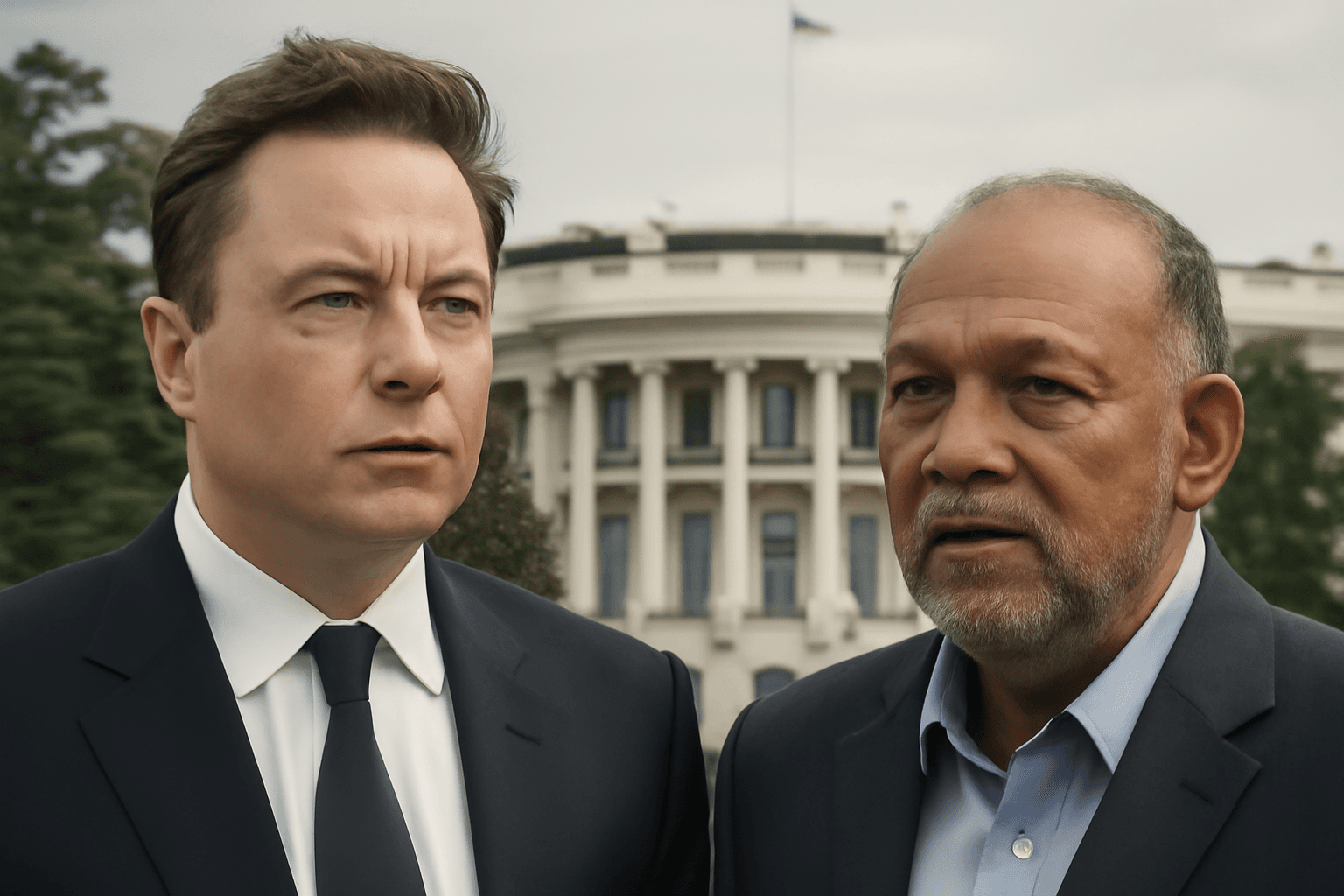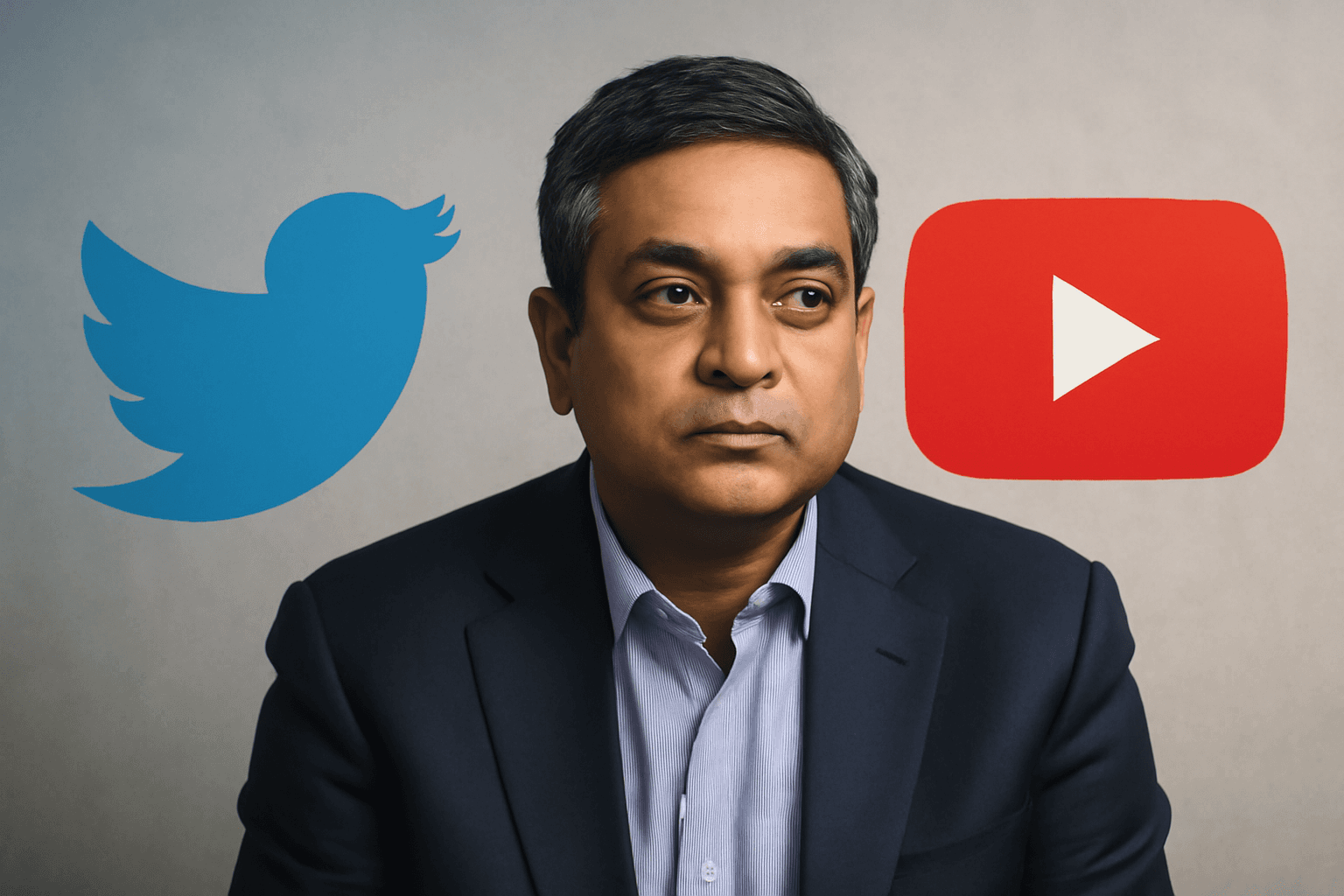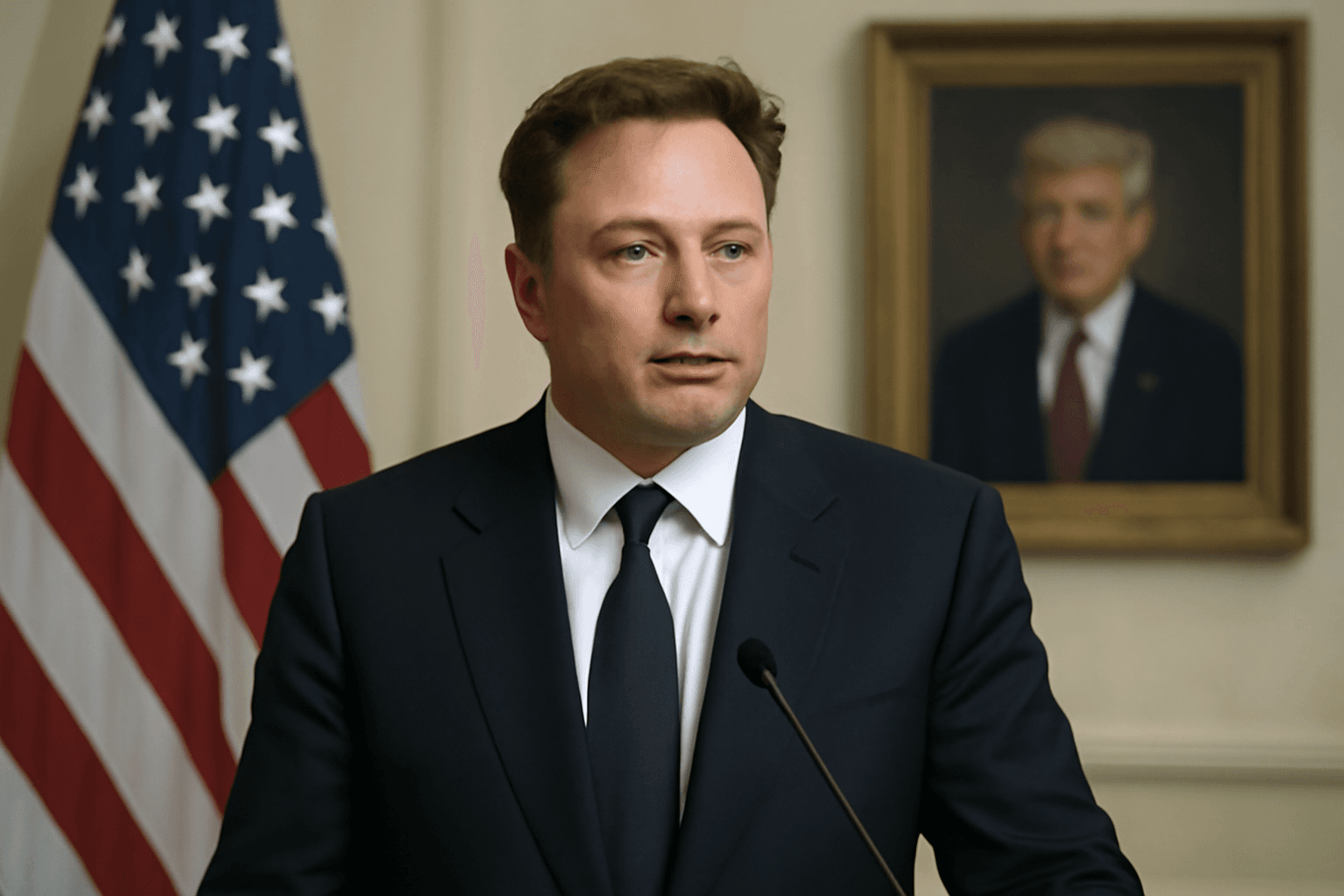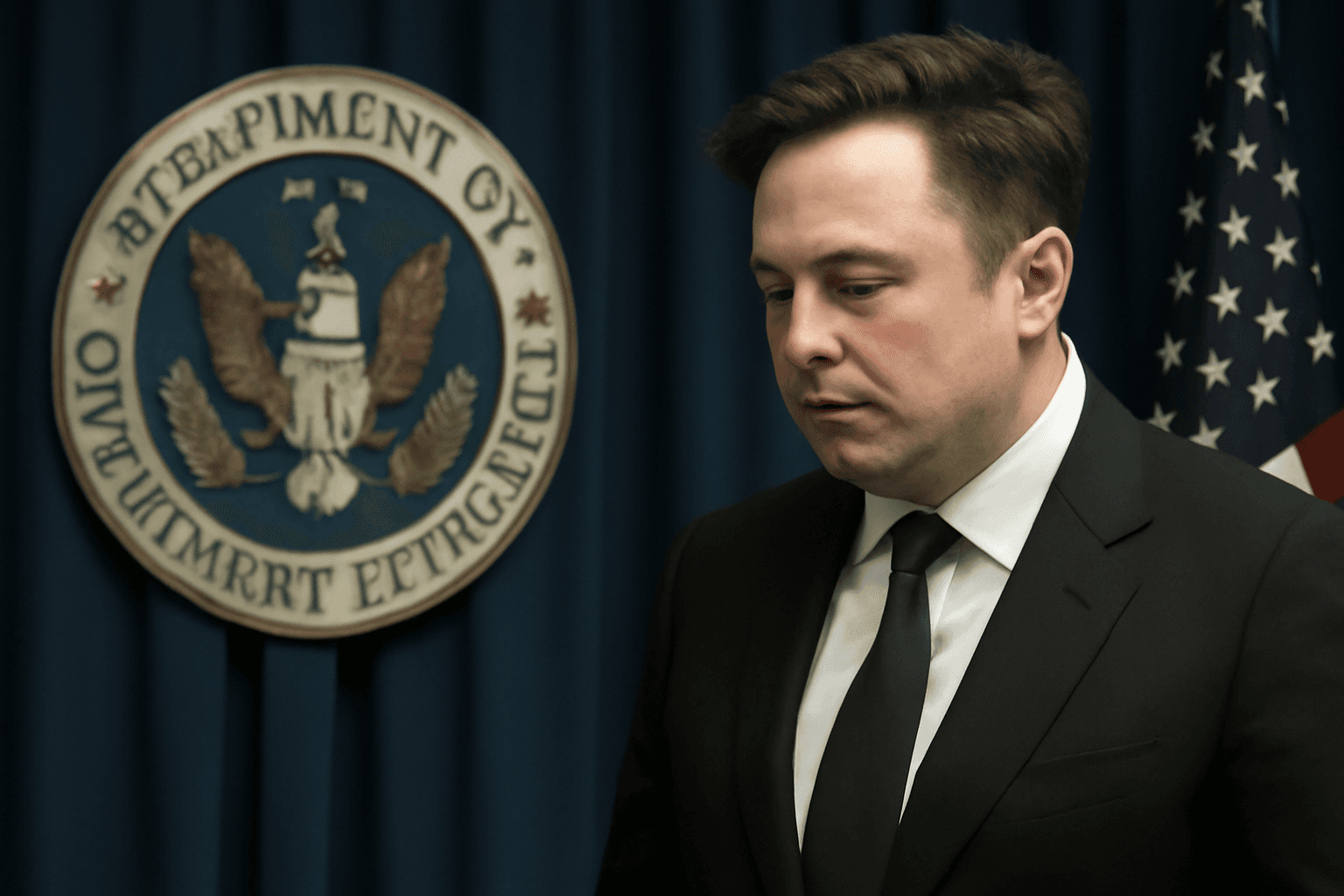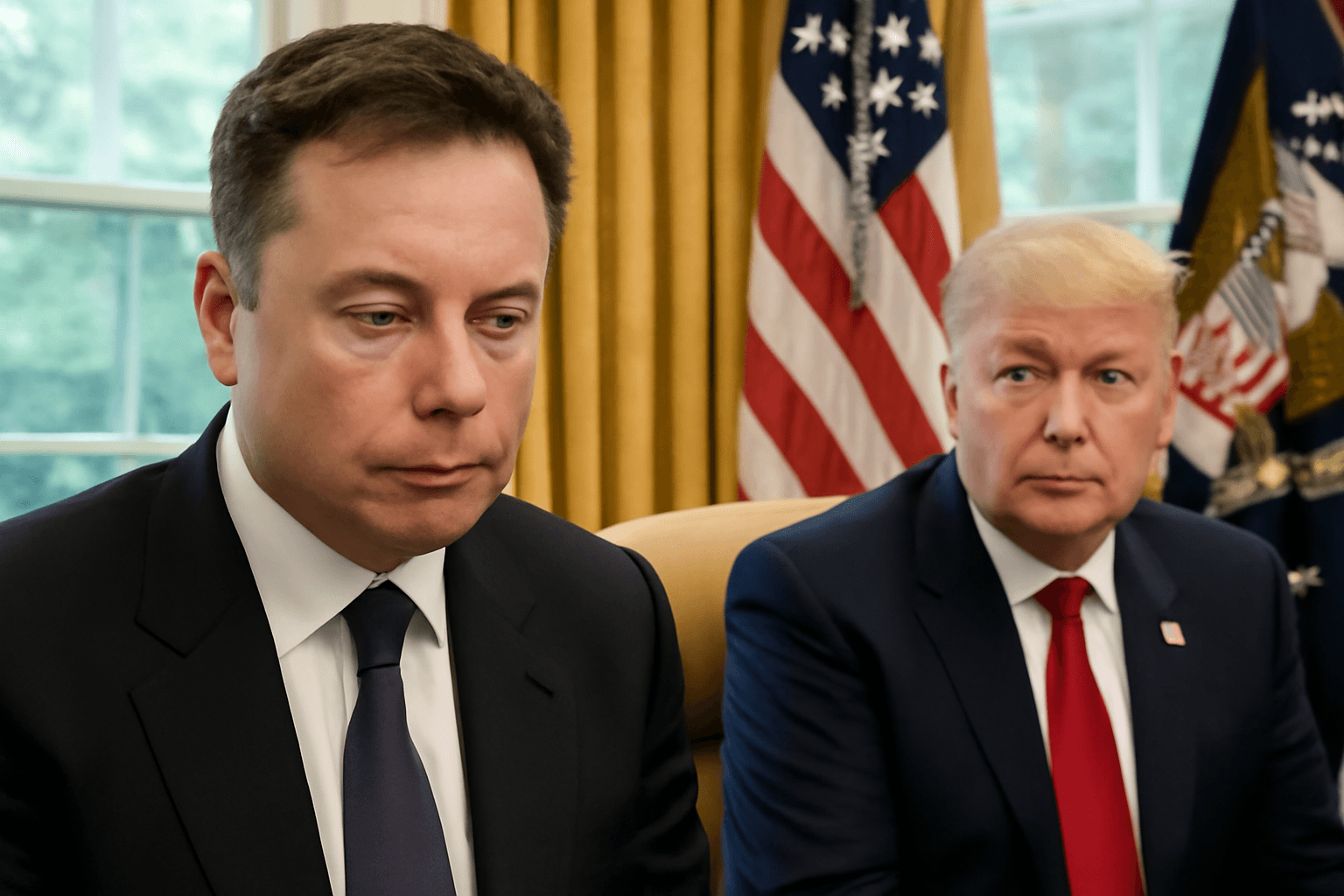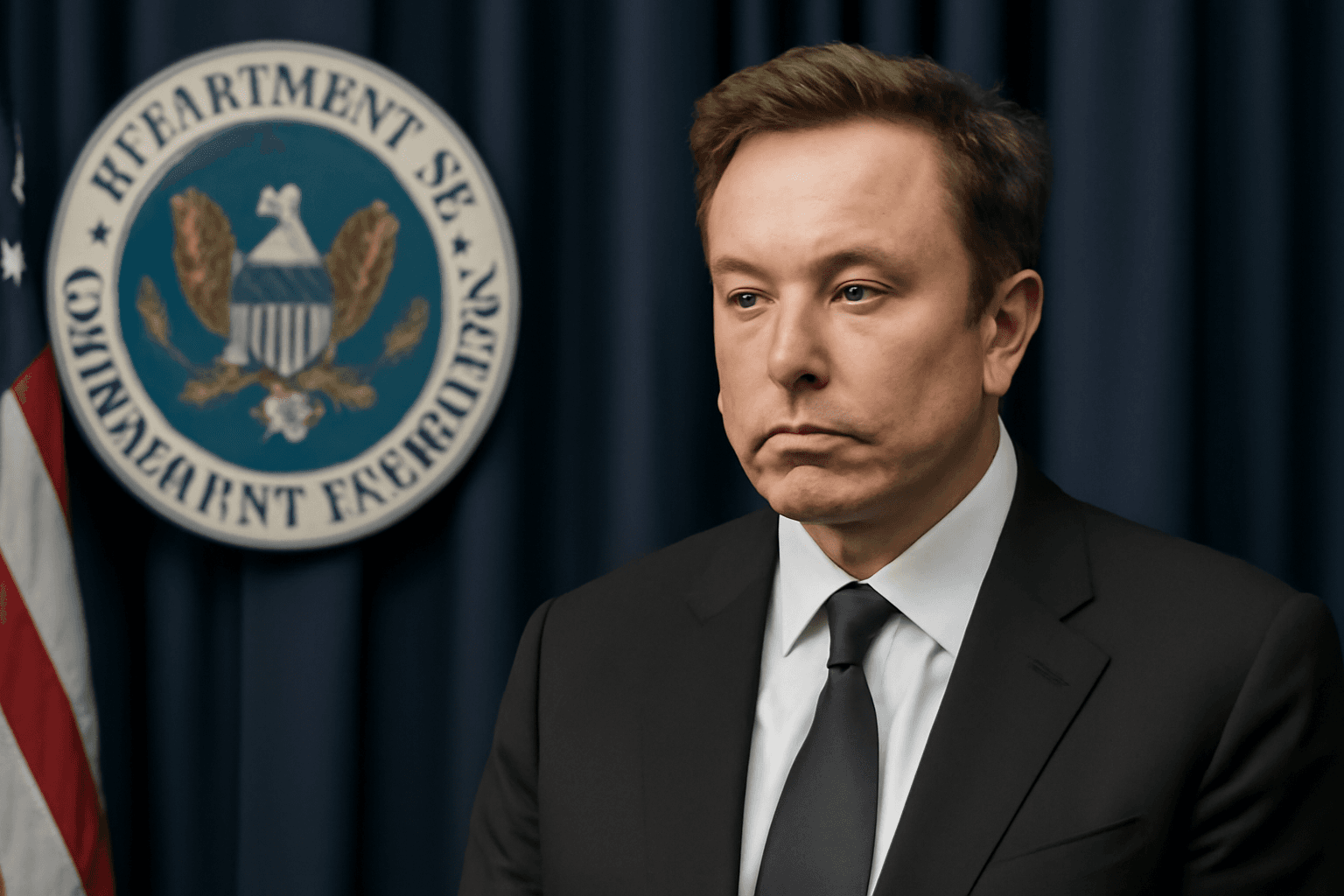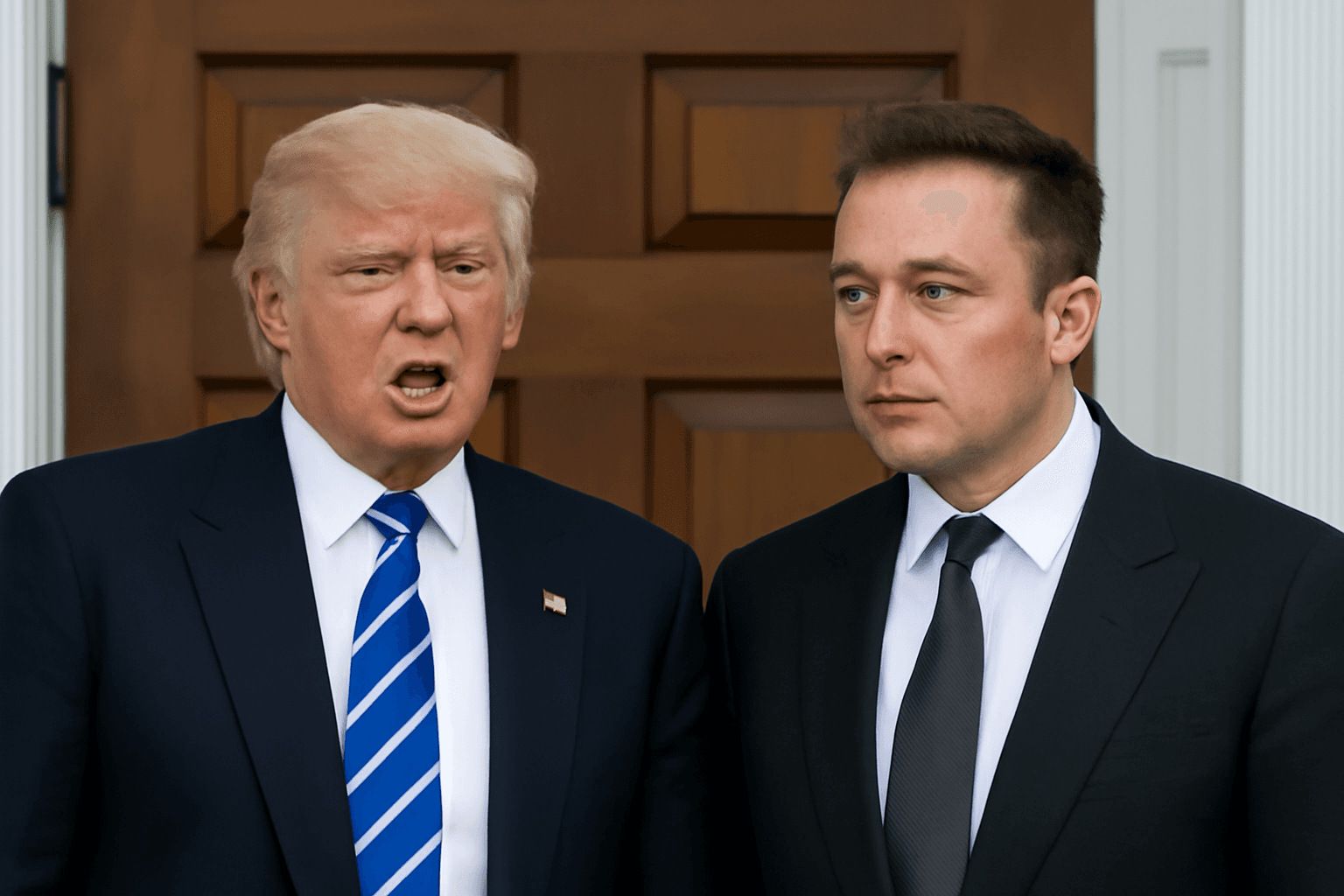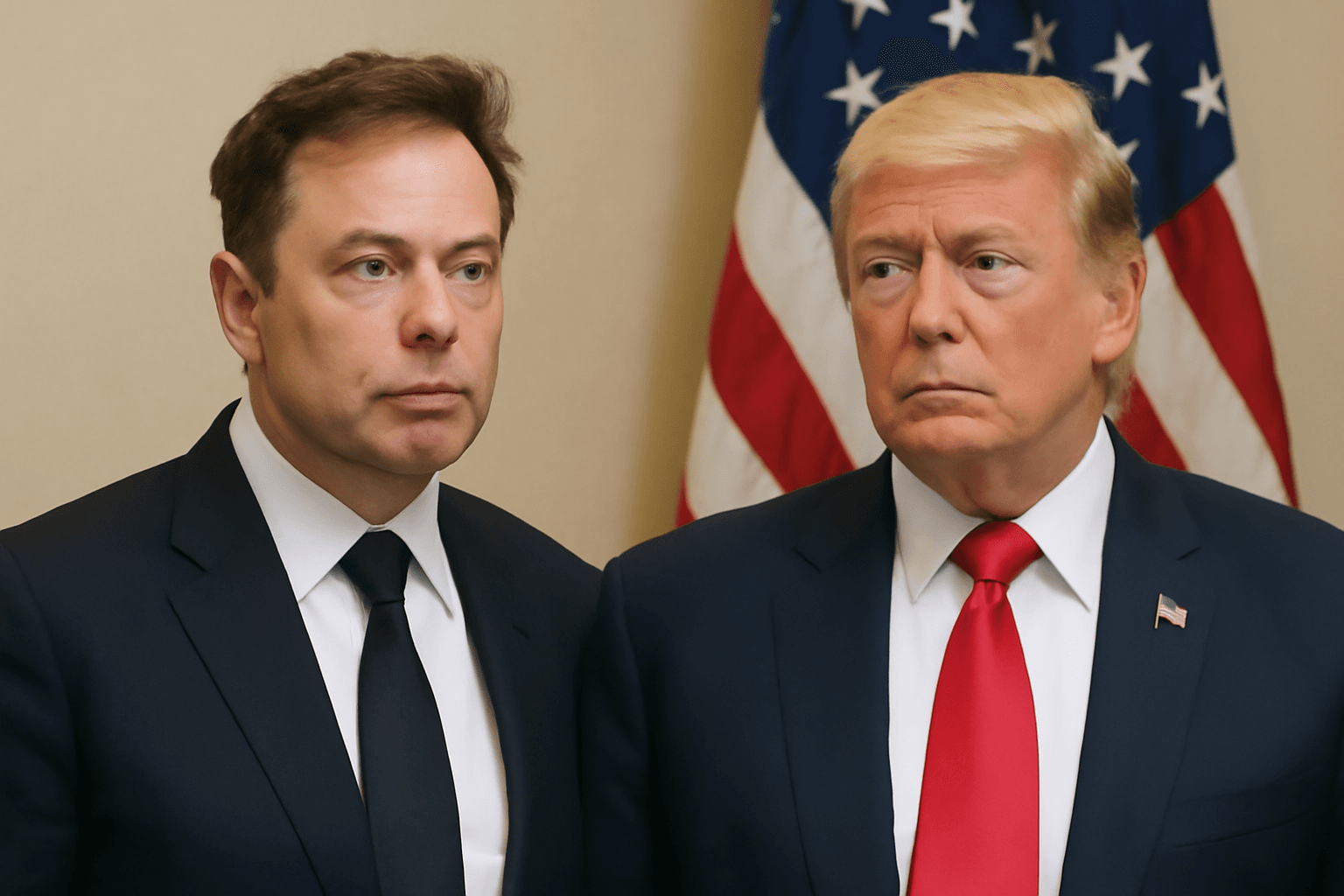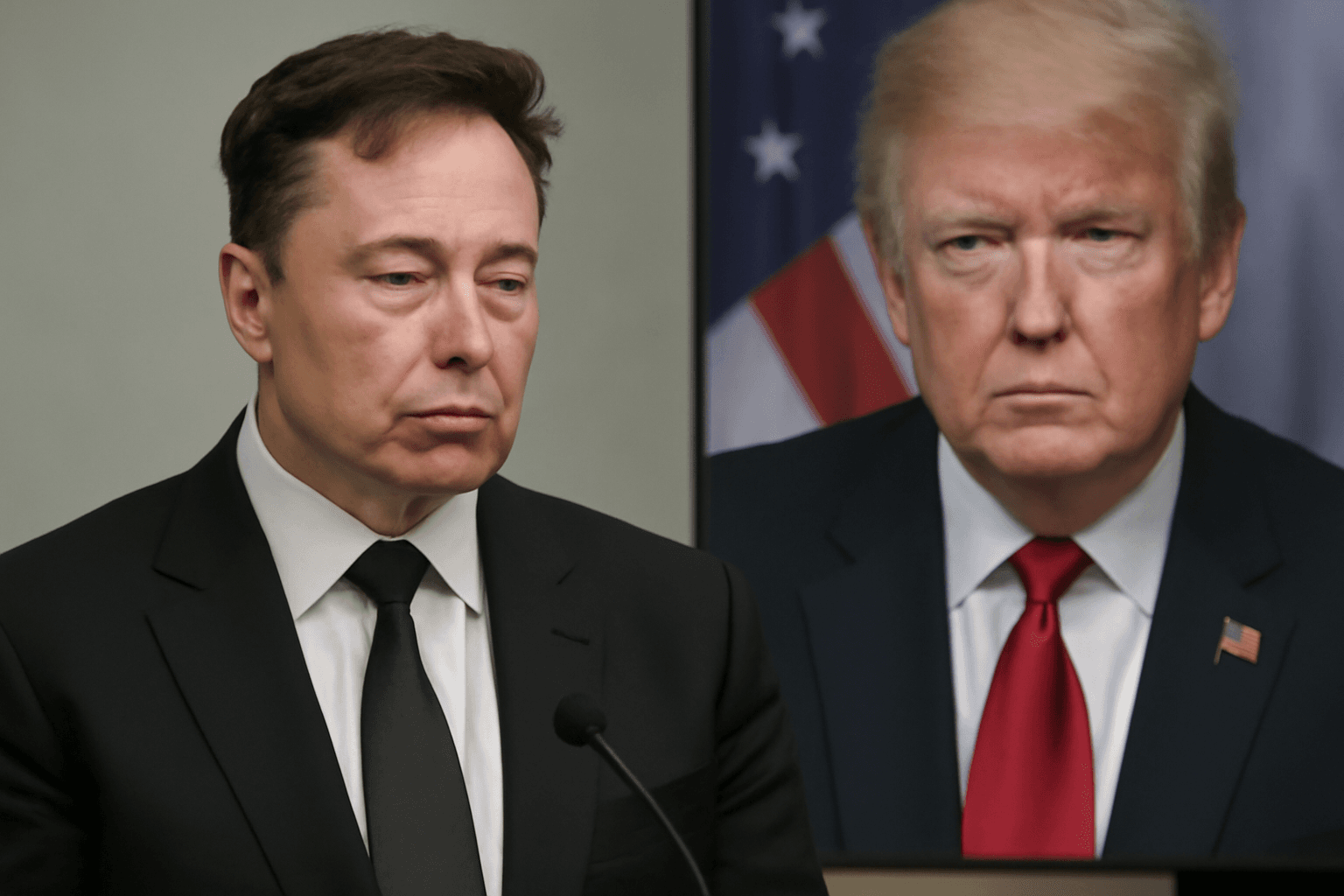Washington, D.C. – Elon Musk, the tech magnate known for transforming the automotive, space, and social media industries, made a dramatic yet ultimately tumultuous tenure as a senior adviser in the Trump administration. After initially arriving with ambitious plans to overhaul federal government operations, Musk announced his departure this week, leaving behind a legacy marked by upheaval, unmet expectations, and criticism.
Musk joined President Donald Trump's team with significant fanfare, backed by a $250 million campaign donation and a proposal for a new Department of Government Efficiency aimed at cutting waste, fraud, and abuse. His unconventional approach involved deploying software engineers to probe government databases and imposing aggressive personnel cuts. The billionaire's bold interventions, from dismantling key agencies like the Consumer Financial Protection Bureau and USAID to demanding frequent productivity reports from federal employees, fostered unrest within various departments.
Despite targeting spending cuts initially estimated at $2 trillion, Musk later reduced his goals drastically to $150 billion, a figure whose realization remains uncertain. Many layoffs were reversed amid legal challenges and operational disruptions, including at critical institutions such as the Food and Drug Administration, the National Park Service, and the Environmental Protection Agency. These disruptions raised concerns about the erosion of institutional knowledge, public safety, and essential services.
Efforts to reform sensitive budget areas such as Social Security and military spending met resistance. Musk’s characterization of Social Security as a “Ponzi scheme” and his push for reductions were met with skepticism and pushback from lawmakers and beneficiaries. Meanwhile, the Pentagon’s budget is poised to increase, reflecting competing priorities within the administration.
Throughout his tenure, Musk’s conduct attracted criticism. Federal employees often felt disrespected, describing a work environment driven by impatience and harsh ultimatums. His casual demeanor—bringing his children to official meetings, using government facilities for Tesla promotions, and spending nights at the White House—further fueled perceptions of an unorthodox and sometimes frivolous approach to governance.
Musk’s popularity declined significantly during this period; a recent poll indicated only 33% of U.S. adults viewed him favorably, with 65% feeling he had excessive influence over the government. Experts highlight that Musk's government overhaul efforts lacked collaboration with experienced insiders and methodical planning, increasing the likelihood of missteps and inefficiencies.
While Musk described the experience as a “lark,” the changes made under his advisement have left enduring questions about the balance between private-sector methods and public governance. His exit marks the end of a controversial chapter that promised radical government reform but delivered more disruption than decisive progress.
President Trump acknowledged Musk’s contributions on social media, calling him “terrific” and suggesting continued informal collaboration despite the official departure.

